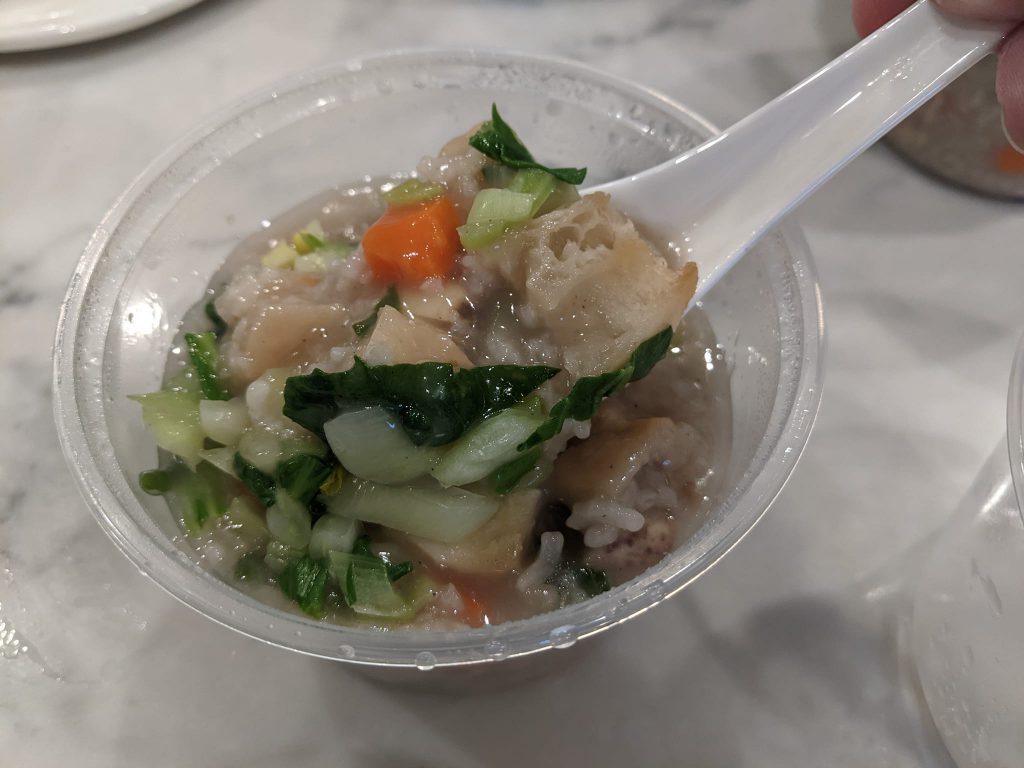
Today, the 8th day of the Twelfth month in the lunar calendar, is the day when the Sakyamuni Buddha attained full enlightenment. After fix years of strict aesthetic practice, it was only after consuming an offering of food that the Buddha was able to regain the energy necessary to attain enlightenment. According to Chinese Buddhist tradition, the monastery will cook and distribute laba porridge to celebrate this awakening.
Falling on the eighth day of the 12th lunar month, Laba Festival was originally an occasion for people to give sacrifices to their ancestors, and to pray to heaven and earth for a good harvest and good luck for the family. Many years later, it has become a Laba Congee eating event – a porridge that contains different types of rice, beans, dried nuts, bean curd, and meat.
The 12th lunar month is called ‘La’ in Chinese and eight is pronounced ‘ba’, which is how the name ‘Laba’ was derived. It is not only regarded as a day of sacrifice, but also the day on which Sakyamuni (founder of Buddhism) realized truth and became a Buddha.
It is said that Laba Congee originated from India. As the son of a king in the north of ancient India, Sakyamuni could not bear the local people’s suffering from illness and the theocracy ruled by Brahman (one of the four Indian classes). As a result, he abandoned his lofty position and went out to seek a way to enlighten himself according to religious doctrine. After six years of enduring a very hard life and self-torture, he realized the truth of Buddhism while sitting under the bodhi tree on the eighth day of the 12th lunar month. It is remembered that during these six years, Sakyamuni only ate rice every day. So by eating porridge on the eighth day of the 12th month every year people commemorate.